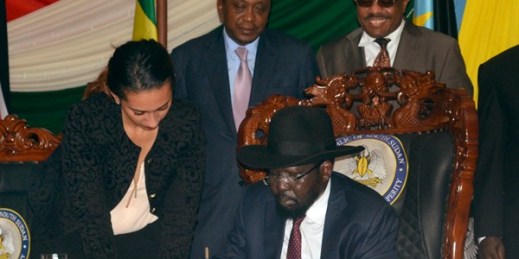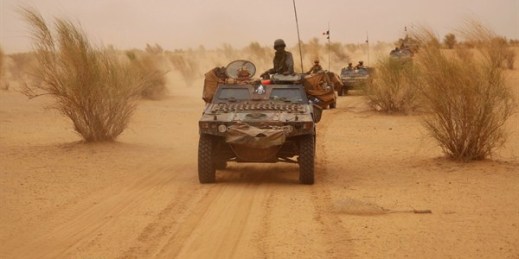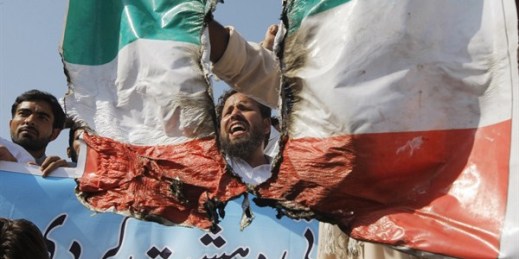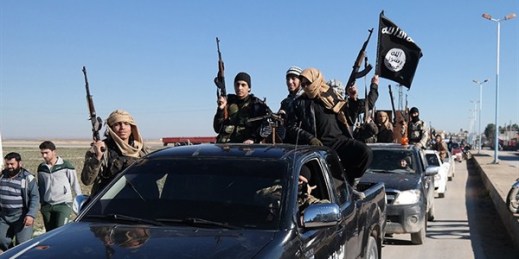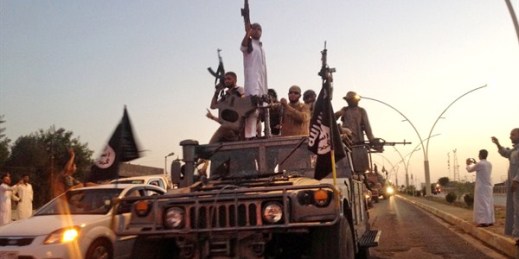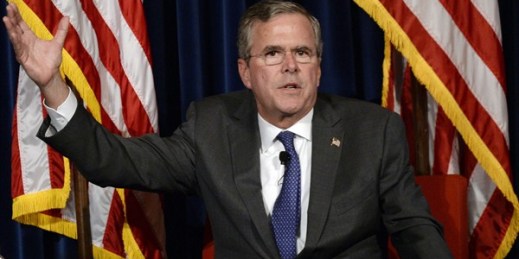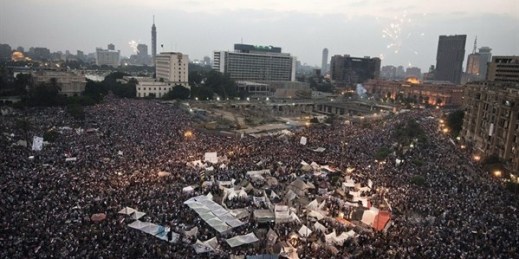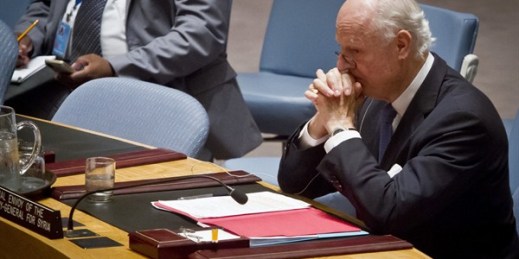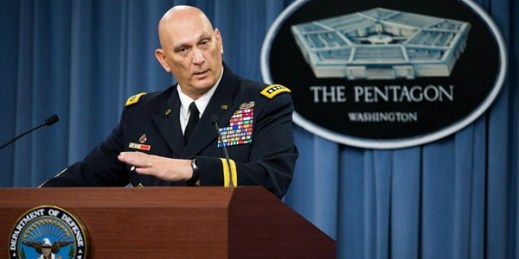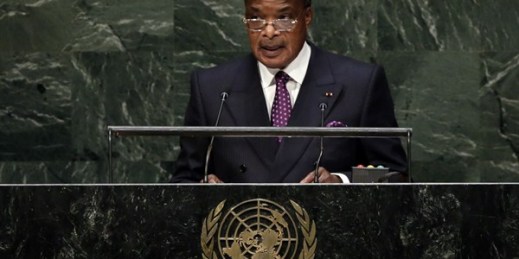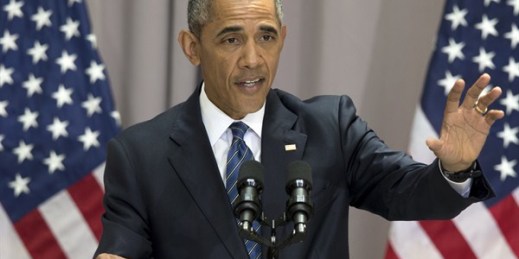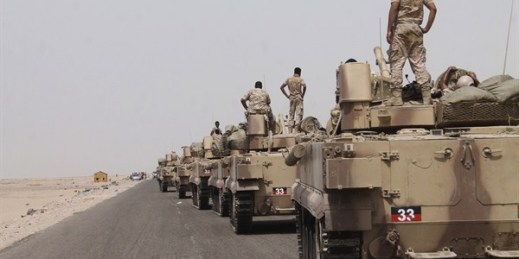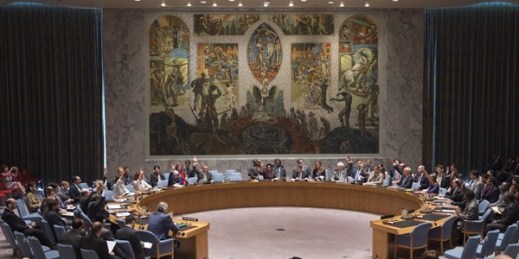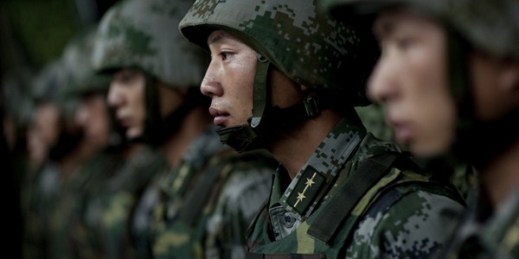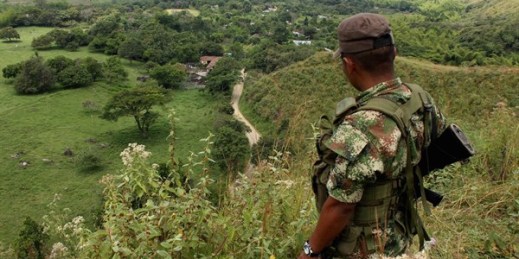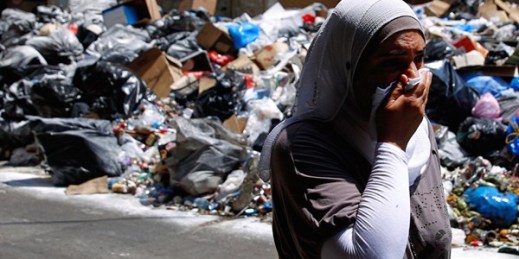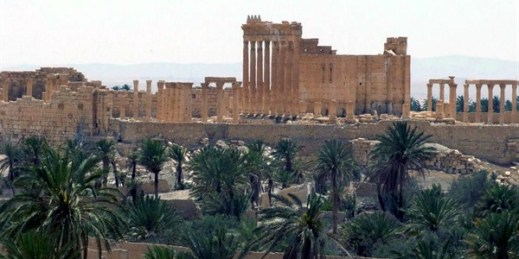
On Sunday the self-proclaimed Islamic State reportedly detonated a huge explosive at the 2,000-year-old Temple of Bel in the ancient Syrian city of Palmyra, though the extent of the damage has yet to be confirmed. The partial destruction of the massive, Roman-era complex, which UNESCO, the United Nations’ cultural agency, has called one of the most important religious buildings of the first century A.D., follows a series of dark weeks for a historical site known affectionately to Syrians as the Bride of the Desert. Just last week, Islamic State militants blew up the smaller Temple of Baalshamin, releasing propaganda images […]

